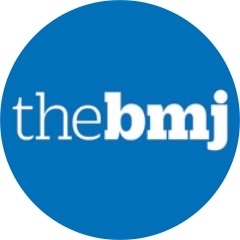Why it’s time we all woke up to the importance of sleep
For too long, medicine has been a cult that deifies workaholism and mocks those who “fuss” about sleep, say Matt Morgan and Peter Brindley
Lauren Connelly was delighted when she landed her ideal job. After years of proving her mettle through hard study she stepped enthusiastically onto the medical ladder. She was now a doctor, and would hone her craft at a rural Scottish hospital. Fast forward a few weeks and Lauren was exhausted, both physically and mentally, after yet another 100 hour-week. Undaunted she readied herself for seven consecutive night shifts. This may have been her dream job, but the truth is that the rota rarely allowed for adequate sleep. Her death occurred on 17 September 2011 on Scotland’s busiest motorway, after falling asleep at the wheel.
Following Lauren’s death, her dad, Brian [1], suffered his own insomnia, albeit for different reasons. Alongside grief, Brian Connelly was angry and in disbelief. After all, we—the supposedly sensible and all knowing medical profession—had blithely ignored decades of its own research. We know that lack of sleep kills. Data have consistently shown how it kills slowly and silently by increasing the likelihood of cancer, heart disease, immunosuppression, and weight gain. Poor sleep also kills suddenly and loudly through motor vehicle crashes and workplace trauma. If insomnia was a drug we would ban it immediately. If sleep was a drug we would prescribe it to all. Brian is right to speak up, is right to ask questions, and deserves our full support. The answer is seemingly simple: more and better sleep for all. The question remains: do we care enough to do the right thing?
Read more:

